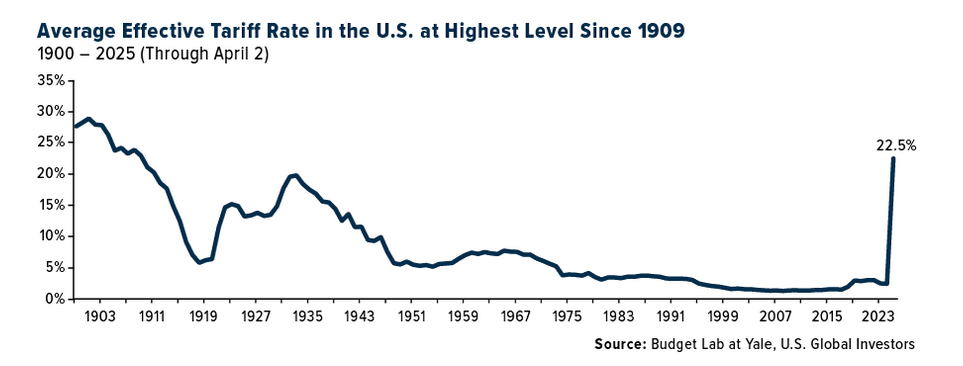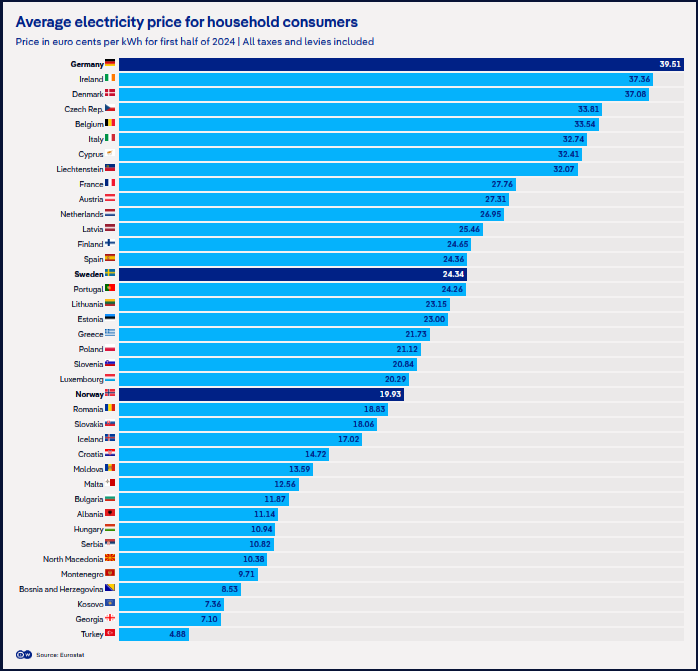When the property market crashed in the U.S., many experts argued that prices were 25% above trend. By mid-2008, property prices were down about 30% based on the Case-Shiller index. This meant that price correction was complete and the U.S. economy would go back to normal like it did eventually in Japan. However this did not happen.
One of the reasons for this dichotomy is that Japan has a very different kind of economy in terms of corporate governance. Japanese firms are much more stake-holder oriented whereas U.S. firms are shareholder oriented. This implies that Japanese companies care about their workers, suppliers and other stakeholders than just their shareholders. Hence Japanese firms have traditionally reacted very differently to shocks and crises than U.S. firms.
The evidence of this phenomenon is provided by the answer to the following survey question:
“What’s the prevalent view in your country? If times get bad, should firms maintain dividends and lay off workers or should firms cut dividends and keep stable employment?â€
The chart below shows the answer to the above question.
The difference in answers between Japan, Germany, France,the U.S. and UK is very interesting. Japanese firms want to cut dividends and maintain employment. However it is the exact opposite in the U.S. and U.K. In these two countries shareholders of a firm take higher priority above everyone including workers. In Germany and France, firms prefer to maintain employment than pay dividends when faced with tough economic conditions.
Source: The Global Financial Crisis by Franklin Allen and Elena Carletti, Banco Central de Chile
The current unemployment rates in the five countries mentioned are:
Japan = 5.10% in April
Germany = 8.10% in April
France = 10.10% in March
USA = 9.50% in April
UK = 8.00% in March



